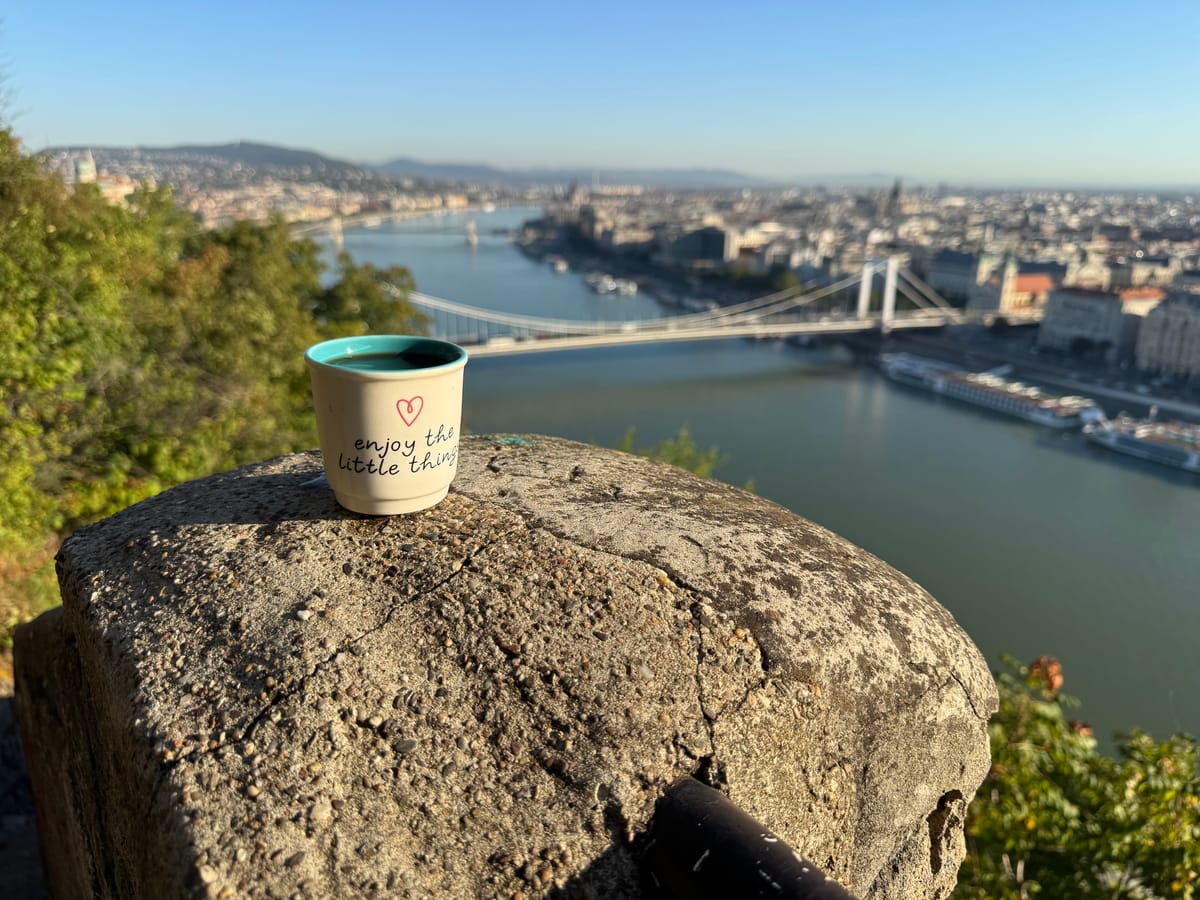So sorry to bother you, but it happened again, only days later. The fugue state.
Up on the Gellért Hill for my morning sun today. An impulse to alternate from the Feneketlen Tó. I finally deposited my recycling, and I thought,
Go up the hill, and who was I to argue?
I climb past the university, a small one, close enough to my flat that I can often hear the coeds on a sports field, cheering, shouting, cursing the sky. I continue up through the neighborhood and at this hour, just past 7:00AM, people beginning their day with walk down to Bartók Béla and to the tramlines, the metro, the schools and buses and workplaces.
I clock their perfumes as we pass.
One in stately dress, smells crisply of herbs and minerals, with a touch of chamomile.
Next a clumsy grade-schooler ambles by with his mother and I’m greeted by a gust of toothpaste.
Further along a young man, adolescent and earnest, descends the hill toward me and passes, smelling of nothing at all.
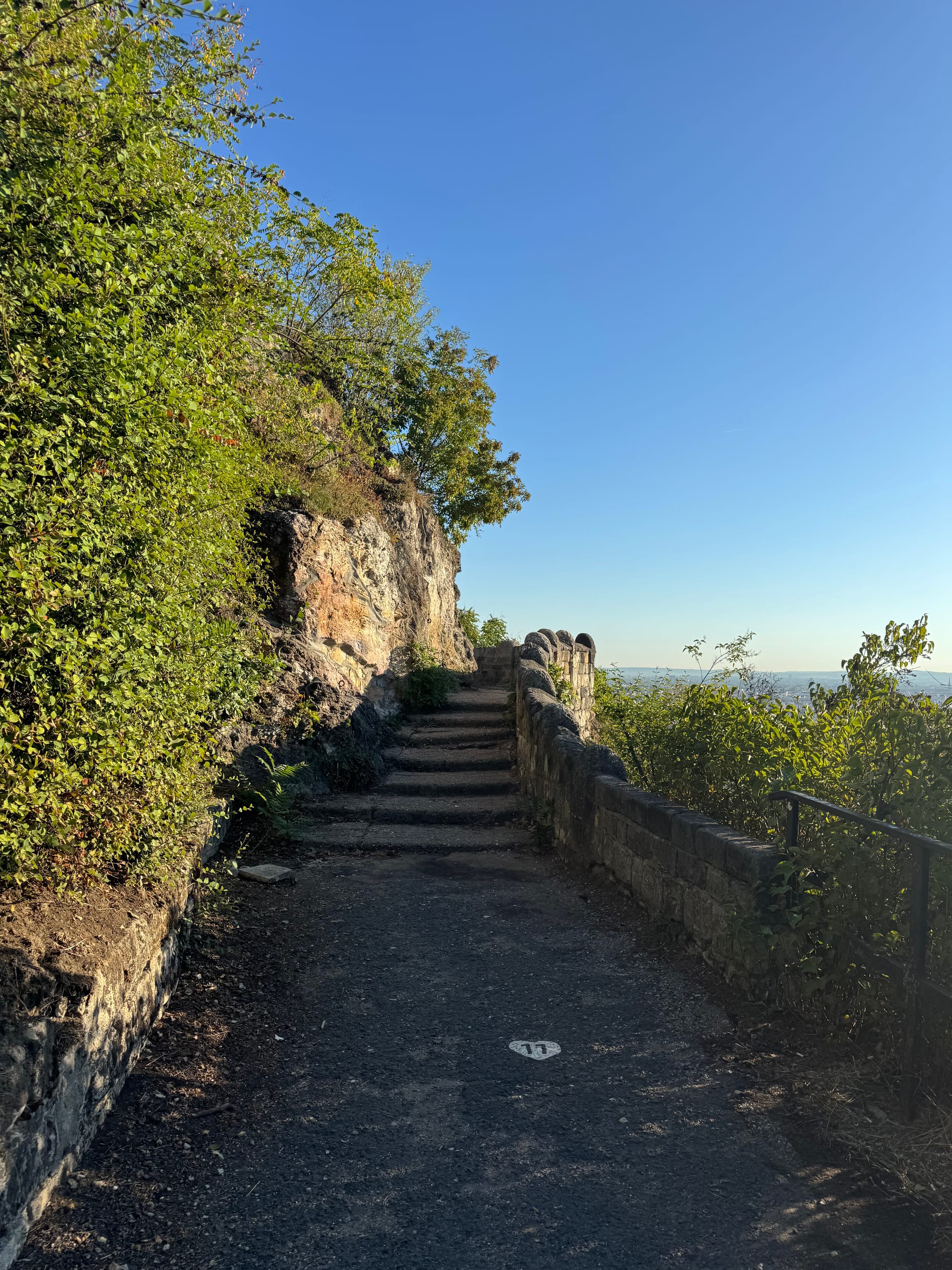
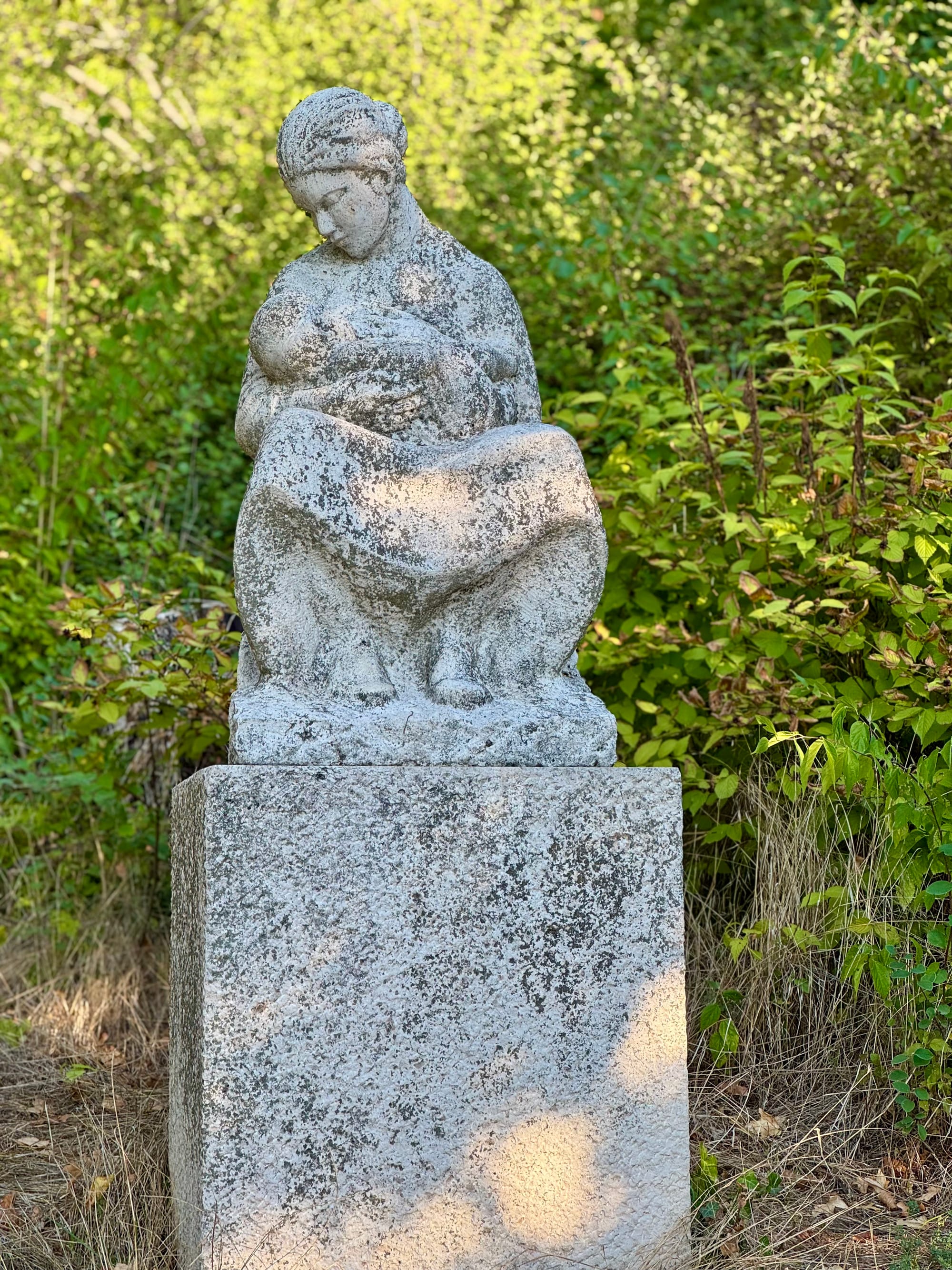
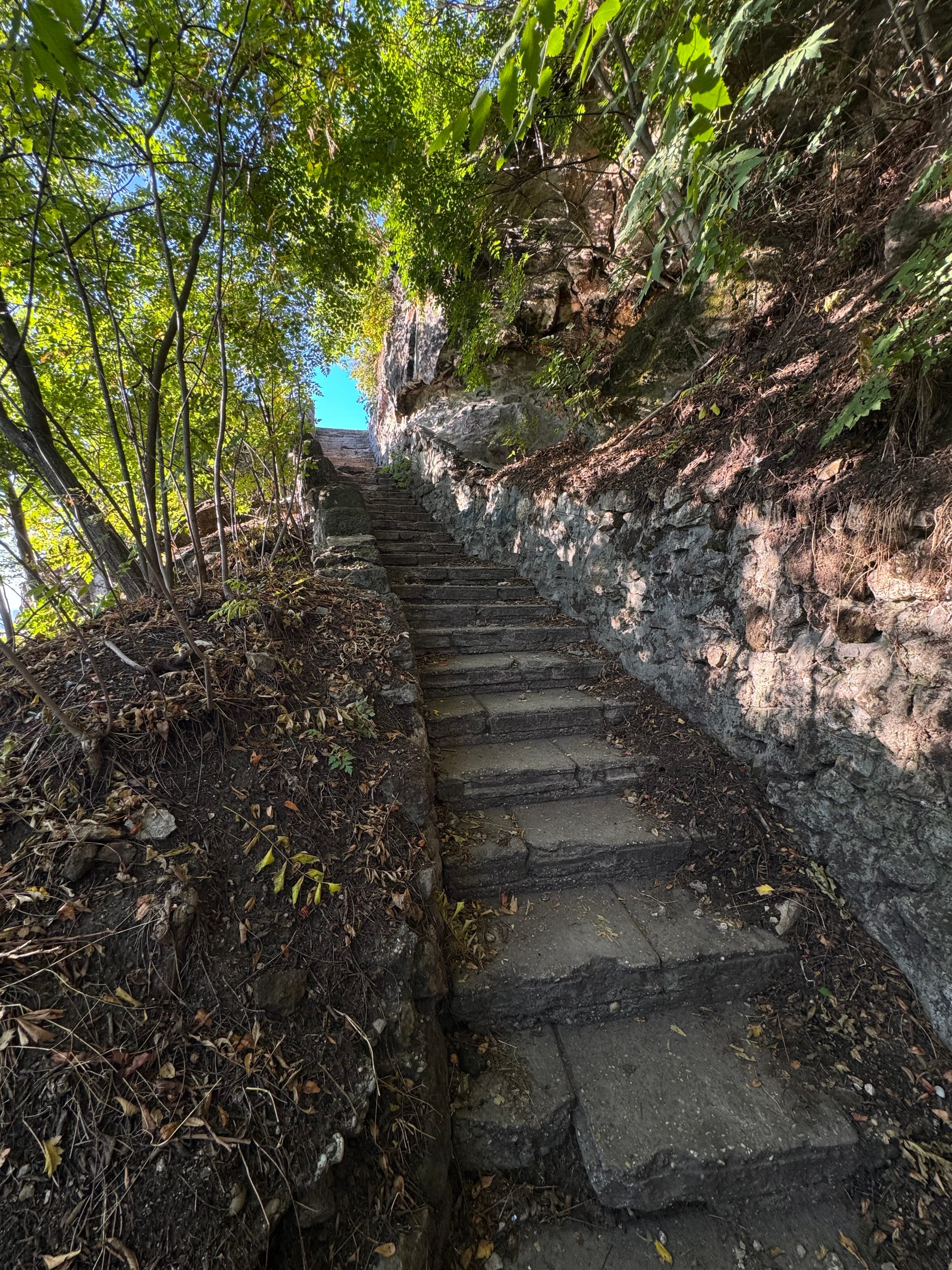
Do you ever, in a fleeting moment, imagine some stranger's station in life and wonder how it might suit you? Absent a uniform tell, one could never know for sure what a passerby might do for a living, but it’s the imagination that matters.
Take the woman I mentioned before, the one who smelled of flowers and flint:
Off to her college classroom she was, and I imagined her mind was churning with the lecture she had prepared. Would I enjoy swapping places and heading to the same place where I greet my students each day and share with them the splendors of Ancient Rome? As I mentioned in Indio, I bounced away from scholarship, but maybe this would be a comforting routine.
That’s when it struck me that what folly this exercise is, because while we imagine their occupation, the broad stroke outlines of their professional world – truck driver, pastry chef, soldier – we rarely submerge ourselves, even for a moment, into their story.
How complex are our invisible lives . . .
As she walked down Mányoki út, the tapestry of her inner world only hinted at her title: College Professor.
(My thoughts have just been interrupted . . . at this very moment, I’m sitting on a terrace overlooking the river, one of many such terraces that jut off the hillside like bracket mushrooms on the trunk of a tree. The railing is positioned perfectly, allowing me to slip my legs underneath and use it for a desk. It looks like this. . .
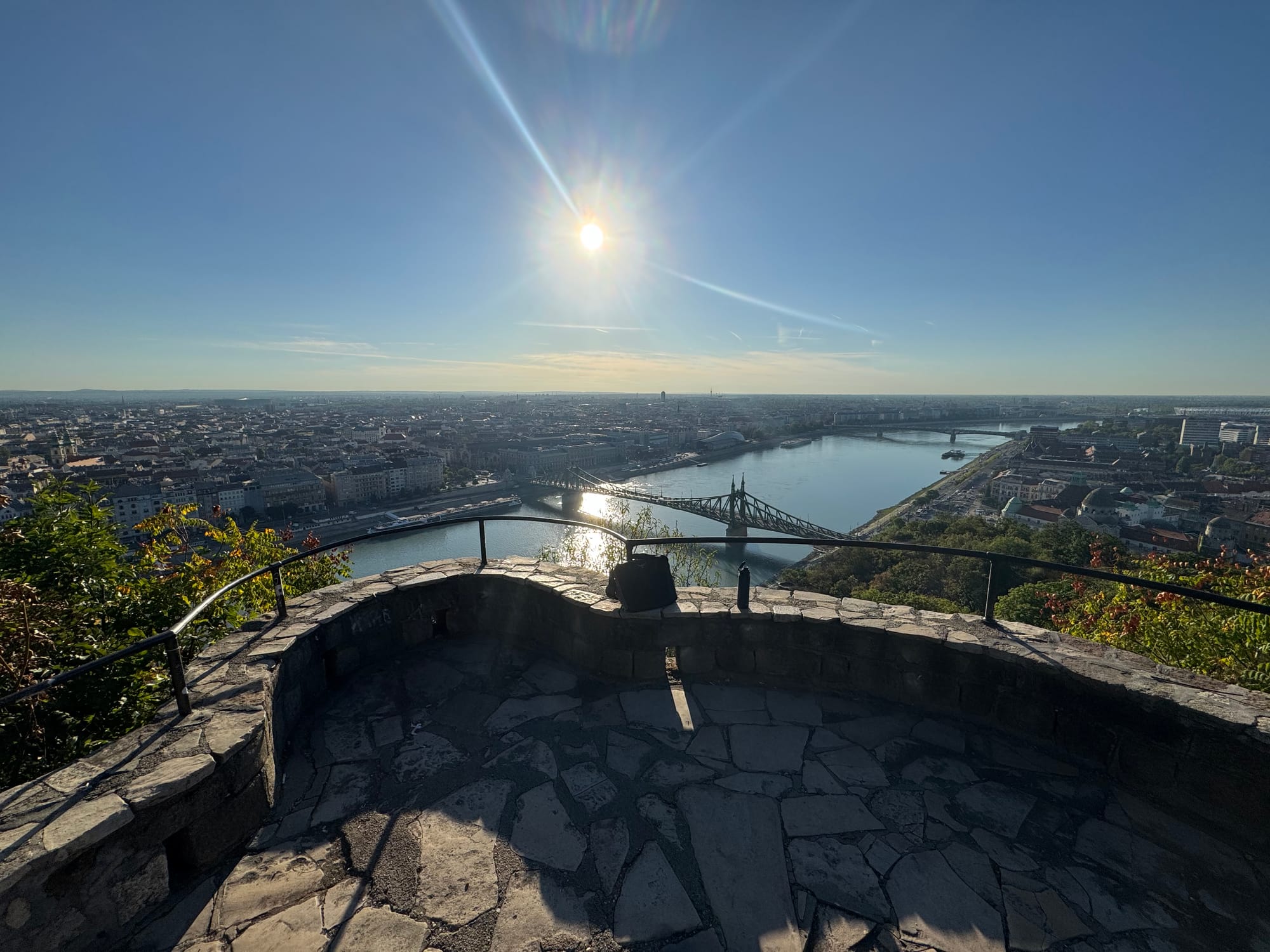
. . . and I just heard – but did not see – an Aussie on a terrace above me. It had been pleasantly silent until now, well, except for the white noise of the city wafting up, but suddenly the air was torn apart by his crow's caw accent as he took a stab at identifying this landmark and that.
Oh there, that must be a stadium (it isn’t) and oh, there’s another (it is).
I realize he’s trying to get his bearings.
I came across that bridge earlier, now maybe if I head down this way.
Then the murmur of another voice and the Aussie thanks him and continues on. For a moment I had a pang of fear that he would descend to my terrace and shatter my nerves with a g’day and a peal of banter, but no. . . no such bad luck.)
Where was I? Blasted dissonant accent. Oh yes, the tapestry.
Hers was adorned with a still life of fresh cherries and a teapot she inherited from her mother. She left the teapot in the sink to soak, so it appears twice.
A series of stone figures represent the days between now and Friday, when she will retreat to Balaton. One last time before the weather turns cool.
And there, of course, is the Prima Porta Augustus, and vestiges of the Pax Romana. Yes, the stone figures are portrait sculptures, richly painted with irises fashioned from mollusk shell.
There is Marci, whose mind glows like candlelit amber. And Peti who seems right at home in his perpetual struggle. He keeps a steady pace and gives no sign of surrender. But, oh, how he works for every stride. Each paper is late, and each one she sends back with a notation: write it again, and he does.
Her mind daubs a charming scene, her beloved pooch lying in a splash of sunlight on the window seat where he is not allowed to lie. And her brother appears because he named the dog. He insisted on Che, teenage revolutionary that he was (gone now, car crash at twenty-two). When she pushed back on the idea, because all dogs need a two-syllable name, her brother didn’t hesitate:
"Che-Che", he said, and thus Che-Che it became.
Now across the top of the scene, another stretch of Balaton, but this time only color and feeling, no circumstance, no companions, no beach strollers in the foreground. The lake stretches like blue sky all the way across and sailboat sails spike the horizon, thorns on the stem of a rose.
Hers is a world I could inhabit, indeed.
Down below there are white swirls on the surface of the Danube, vestiges of the current pushing past the bridge piers. A stray log here and there—floating down from god knows where. A river cruise docks, and the cotton-head Germans ready themselves for a day of exploring the inner districts of Budapest.
These are the scenes from my tapestry just now and it’s a world I can inhabit, indeed.
